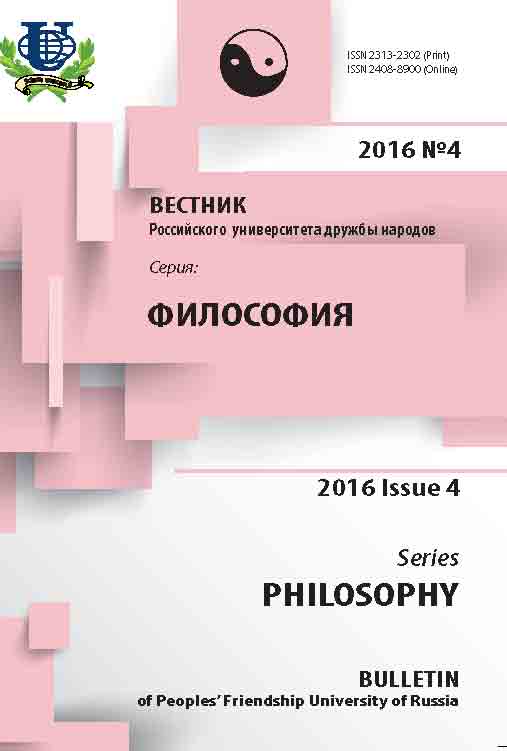The intercultural dialogue: China and Europe
- Authors: Nimenskaya OS1
-
Affiliations:
- People’s Friendship University of Russia
- Issue: No 4 (2016)
- Pages: 128-131
- Section: Articles
- URL: https://journals.rudn.ru/philosophy/article/view/14835
- ID: 14835
Cite item
Full Text
Abstract
Throughout XX century and the beginning of XXI century, China shows its desire to move away from the classical tradition and the transition to new “modern” values in various areas of life. But does this really mean a departure from the classical tradition? In the context of multiculturalism and the transition from archaic dialogue countries it seems possible today only by a comprehensive concessions and privileges from the member countries of this dialogue. China as a Great power with more than three thousand years of history requires special attention and special treatment. It is about finding such an approach, and the characteristics of intercultural dialogue between China and the world says in her speech A. Chen, with an emphasis on the postulates of the ethical and philosophical teachings of Confucianism. The main question the researchers is whether such traditional areas as Confucianism promote China to other countries “openness”? In an effort to get an answer to her question, A. Chen refers in her speech to the analysis of contemporary political, economic and spiritual life of China.
Keywords
About the authors
O S Nimenskaya
People’s Friendship University of RussiaMiklukho-Maklay st., 10a, Russia, Moscow, 117198
References
Supplementary files















